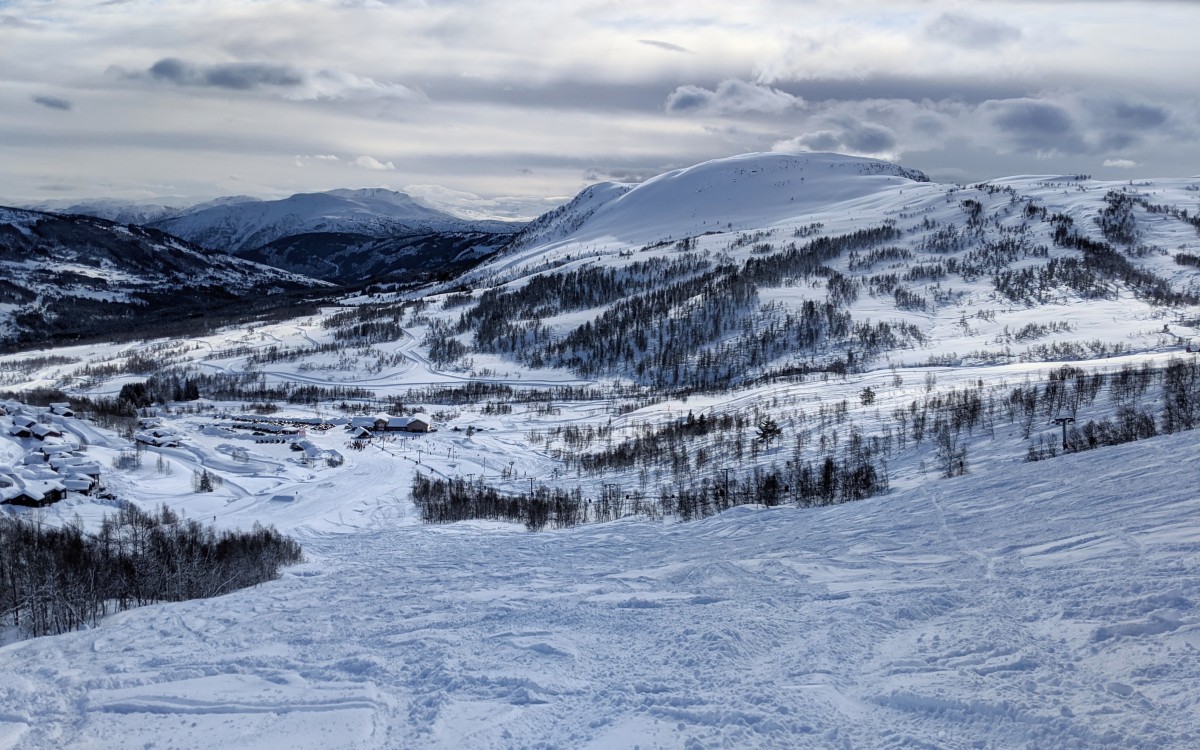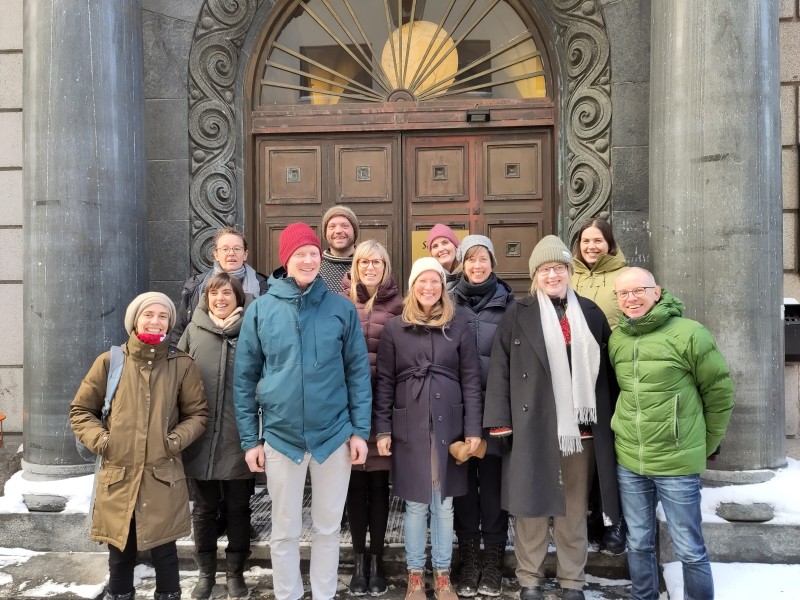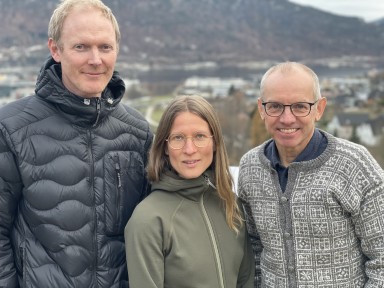The future of Hodlekve a topic in new research project

The future of the Hodlekve ski area is on the agenda and through a new, European research project led by Vestlandsforsking, researchers will study how Sogndal municipality invites people to take part in the process. "The project is about working with nature-based solutions in a way that allows more people to have their voices heard. We will also develop a method that can handle conflicts of interest in a constructive way", says project manager Irmelin Gram-Hanssen.
Hodlekve is a popular resort area in Sogndalsdalen, a short drive from the regional centre Sogndalsfjøra. The snow-rich ski area has seen a rapid expansion of mountain cabins and alpine slopes in the last 15 years, and there are plans for more. But how can Hodlekve become a good area for everyone who uses it, while at the same time preserving natural diversity and taking climate and environment into consideration?
Such questions will be important when Sogndal municipality embarks on further development of the area, which is currently characterized by ski slopes, alpine slopes, mountain cabins, and summer farms. Different groups envision different things for the future. While some may wish for shops and a small "satelite town" where you can live all year round, others would prefer to halt all development in Hodlekve after many years of extensive cabin and infrastructure development.
A European project led from Sogndal
Vestlandsforsking is to follow the participatory planning processes on Hodlekve's future through an international research project led by senior researcher Irmelin Gram-Hanssen. 'Integrate nature-based solutions' starts up in parallel with the process in Hodlekve, and so the fact that it was this particular development process the researchers landed on studying was a matter of timing: This is what Sogndal municipality, which is a partner in the research project, is going to work on in the early months of 2024.
The funds for the Norwegian part of the work come from the Research Council of Norway. In parallel, research will be carried out in Sweden, Poland and Spain under the auspices of other partners: Nordregio, Lund University, Basque Center for Climate Change and Warsaw University of Life Sciences, who have obtain funds for their research from research councils in their respective countries. The call the researchers have applied for comes from the international research scheme Driving Urban Transitions.

More sustainable development
The new research project is based on the concept of "nature-based solutions" and pertains to how these can be incorporated well into local planning to contribute to a more sustainable development.
Nature-based solutions are measures against, for example, flood or drought. Importantly, these measures mimic or rely on nature's functions and processes. Examples include a rain beds or playgrounds that are designed to fulfill several functions: draining rainwater as well as contributing positively to other goals, e.g. increased natural diversity and social justice along with reduced carbon emissions. Norwegian municipalities are currently obliged to consider implementing or restoring such measures in all land-use planning.
The weakest voices
Although municipalities work well with nature-based solutions in Norway and many other countries, it is not always easy to extract the full potential of the solutions, says Irmelin. This particularly applies to ensuring social justice in development processes.
"Partly it comes from the fact that decision-making processes can be difficult for most people to take part in. Another reason is that unequal power relations contribute to the weakest voices not being heard" says project manager Irmelin Gram-Hanssen.
The project runs over three years, and along the way she and the other researchers will develop a method for how the processes around nature-based solutions can be made more inclusive.
"This will lead to both process and result contributing to greater social justice and solidarity in the places where the solutions are developed", says Irmelin.
Workshops on six sites
In each of the four countries covered by the project, the researchers will carry out workshops and develop a training program to share the results with more people.
"At these work workshops, we want people to step out of their professional roles and meet as individuals, not primarily as landowners, developers, planners or neighbours. In this way, we hope to steer clear of habitual thinking and prejudices, and facilitate a more open exchange of opinions", explains the project leader.

'Integrate nature-based solutions' is based on an approach where one must use a holistic approach in order to be able to change society - across both practical, political and personal aspects.
At the work workshops, which will also take place in Sogndal, the project manager wants those who participated to discuss ideas and visions in a healthy and long-term perspective:
"Future visions for Hodlekve are divided. Now the municipality will create a plan that looks 35 years ahead, so the visions people will share for the city will accommodate a lot of differences", says Irmelin.

